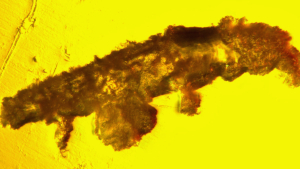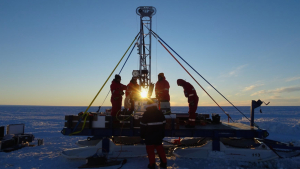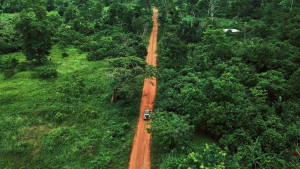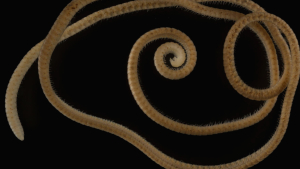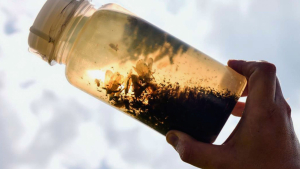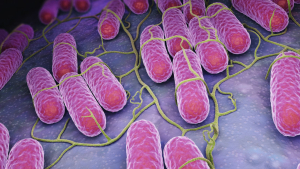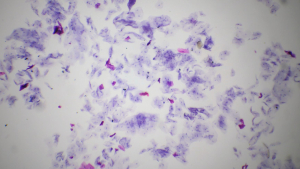The Archaea species Nitrosopumilus maritimus is widespread in the oceans, where it meets its vital needs by oxidizing ammonia to nitrogen. That is why it is found mainly in oxygen-rich regions of the seas. However, it also survives in the dark areas of the deep sea – and surprisingly well, which science has not been able to explain so far. But a working group led by Don Canfield from the University of Southern Denmark was able to clarify the mystery, as she writes in "Science": the microbe actually produces oxygen itself, without doing photosynthesis.
The team actually wanted to find out the minimum oxygen content that the microbes are still viable. They therefore placed them in airtight packaged containers, into which no light could penetrate, and then artificially reduced the oxygen content of the water. With this, Canfield and Co wanted to simulate part of the living conditions of the deep sea. The archaes subsequently consumed the entire remaining oxygen to maintain their metabolism. But then his concentration in the tank began to gain weight again: the microbes created the gas itself.
How they managed to do so is still unclear. However, the working group is certain that this must be a completely new production method. So far, three possible processes are known for how oxygen can be produced in the dark without photosynthesis. But none of them seems to correspond to that of Nitrosopumilus maritimus, the scientists are convinced. This is because the microbes produce both oxygen and nitrogen oxides, which has not yet been observed in this combination.
Since ammoniacoxidation under archaea occurs more often, this type of metabolism with simultaneous production of oxygen could also occur more often, the researchers suspect. However, it is completely unknown whether she plays or has played a greater role in enriching the gas in the environment.










